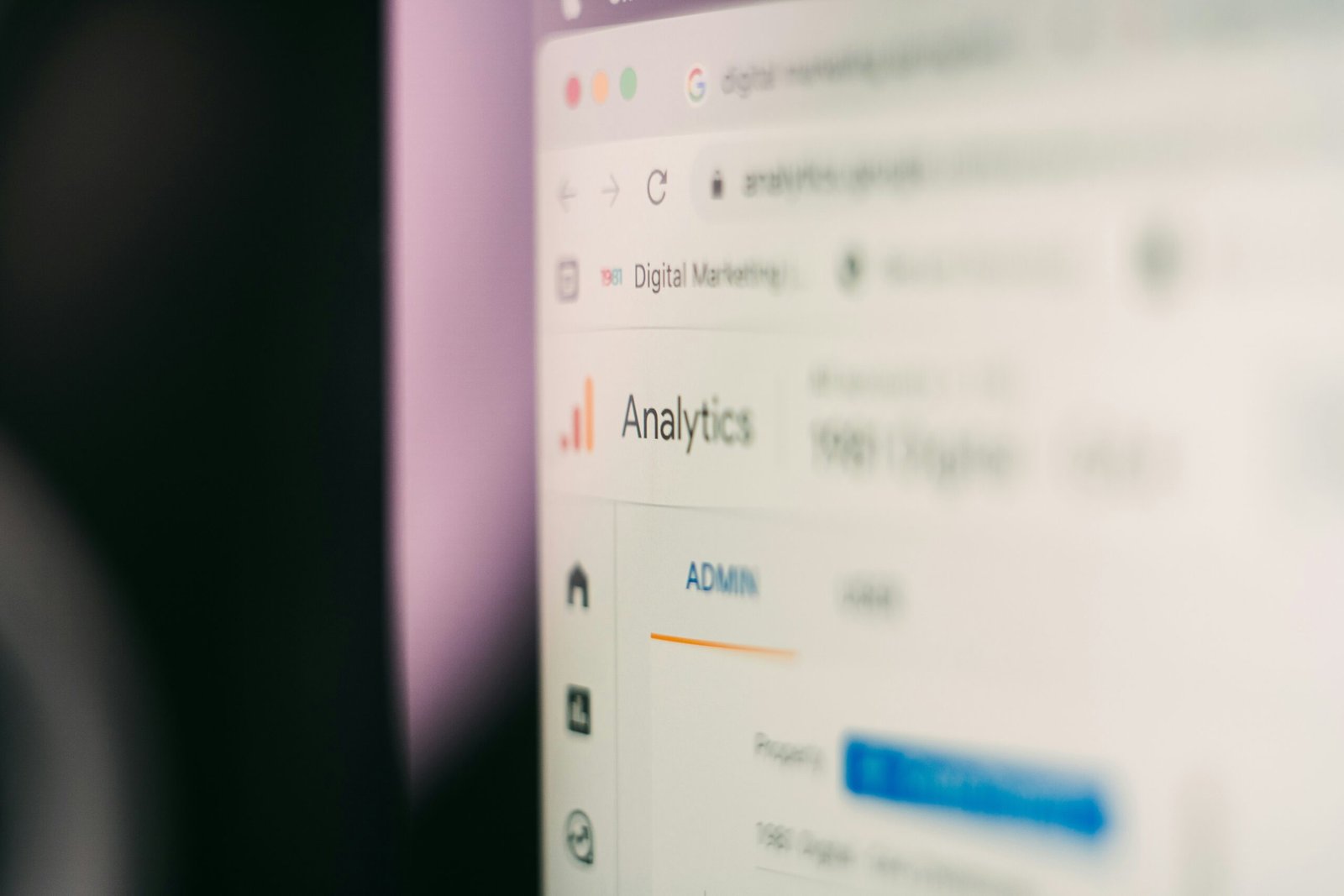Introduction to Debugging
Debugging is an essential aspect of software development that involves identifying, analyzing, and fixing bugs or defects within a program or system. Every developer, whether a novice or a seasoned professional, will inevitably encounter various challenges while debugging code. Understanding and mastering debugging techniques is crucial to ensuring that applications run smoothly and efficiently. The debugging process can often be daunting due to the myriad of factors that may contribute to program malfunctions, including syntax errors, logical flaws, and unforeseen interactions between code components.
One of the most common challenges developers face during debugging is the sheer complexity of modern software systems. As applications become more intricate, locating and resolving issues can prove significantly more challenging. Additionally, developers often grapple with insufficient error messages or documentation, leaving them unsure about the root causes of problems. To overcome these hurdles, it is essential to develop a systematic approach to debugging, which not only aids in narrowing down potential sources of errors but also fosters a deeper understanding of the codebase.
Throughout this article, readers will be equipped with valuable tips and tricks aimed at refining their debugging skills. Drawing on fundamental principles of debugging, this guide will address methods for efficient troubleshooting, the use of debugging tools, and techniques for optimizing the debugging process. By enhancing their debugging capabilities, developers can not only improve the quality of their own code but also contribute positively to collaborative development efforts. As we delve into the nuances of debugging, readers will find that the mastery of these skills will not only alleviate the risks associated with software defects but also enhance their overall productivity and workflow.
Essential Debugging Techniques
Debugging is an integral part of software development, and mastering effective techniques can significantly enhance productivity. One of the most straightforward methods is print statement debugging. This technique involves inserting print statements within the code to output variable states and execution paths at various junctures. This allows developers to understand the flow of logic and identify where issues might arise. For instance, if a loop is not behaving as expected, adding print statements to log the loop’s index and variable outputs can reveal whether the loop is iterating correctly.
Another essential approach is utilizing debuggers, which are built into many integrated development environments (IDEs). Debuggers allow for step-by-step execution of code, enabling developers to examine the state of an application at any line of code. This capability is especially useful for identifying logical errors or understanding complex interactions between functions. For example, setting breakpoints can pause execution and provide insights on variable values at critical points, assisting in pinpointing problems efficiently.
Logging represents another vital debugging technique that helps in tracking application behavior over time. Implementing logging libraries can provide a detailed record of events occurring within an application, making it easier to analyze the sequence of operations leading up to an error. For instance, instead of sifting through thousands of lines of code, a developer can review logs to trace back the actions taken before an error occurred, facilitating a focused investigation.
Moreover, leveraging the capabilities of integrated development environments (IDEs) can improve debugging efficiency. Many IDEs offer built-in tools such as syntax highlighting, code linting, and integrated debuggers. Familiarizing oneself with the features of a specific IDE can streamline debugging processes. For instance, using visual representations of breakpoints and stack traces can drastically reduce the time spent diagnosing issues.
Tools and Resources for Effective Debugging
Developers today have access to a variety of debugging tools and resources that can significantly enhance their debugging processes. Integrated Development Environments (IDEs) such as Visual Studio, Eclipse, and PyCharm are equipped with built-in debuggers. These IDEs offer features including breakpoints, watch variables, and step-through execution, which allow developers to identify and isolate issues within their code accurately. Using an IDE debugger is particularly advantageous during the initial phases of development or when working on smaller projects, as it provides a seamless workflow.
In addition to IDEs, standalone debugging tools like GDB (GNU Debugger) and WinDbg offer more granular control for developers dealing with low-level languages such as C and C++. These tools can handle complex debugging scenarios, such as memory leaks or multi-threading issues. They are best utilized in extensive and complicated codebases where fine-tuning is required, enabling developers to execute commands directly in a command-line interface, which allows for greater flexibility.
For web developers, browser developer tools serve as essential debugging resources. Tools like Chrome DevTools and Firefox Developer Edition help diagnose frontend issues by providing real-time inspection capabilities and performance analysis. These tools are ideal for troubleshooting problems directly in the browser, ensuring that web applications operate smoothly.
Moreover, community resources such as Stack Overflow, GitHub, and various tech forums can be invaluable for developers seeking guidance or sharing knowledge. These platforms offer extensive libraries of discussions related to debugging and can help connect developers with solutions to common problems. Online documentation, tutorials, and webinars also frequently introduce best practices, enabling developers to keep their skills sharp. By leveraging a combination of these tools and resources, developers can greatly improve their debugging effectiveness across various programming environments.
Conclusion and Call to Action
In the realm of software development, mastering debugging is a fundamental skill that can significantly influence the quality of code and the efficiency of project timelines. Throughout this article, we examined several key strategies and tools that can elevate a developer’s debugging abilities. Understanding the importance of a systematic approach—such as replicating bugs, analyzing logs, and using version control effectively—is critical in efficiently addressing issues that arise during development processes.
We also highlighted the vital role of leveraging advanced debugging tools, such as interactive debuggers and performance profilers, which can uncover hidden errors and critical performance bottlenecks. Additionally, the article emphasized the necessity of developing a debugging mindset, where viewing challenges as learning opportunities can contribute to a developer’s long-term growth and resilience in the field.
As you continue to advance your programming skills, integrating these debugging techniques into your daily workflow will undoubtedly enhance your problem-solving capabilities. Whether you are a novice seeking to improve your foundational abilities or a seasoned developer striving to refine your strategies, adopting these practices can lead to more robust applications and a smoother development experience.
We would love to hear from you! Share your own debugging experiences, the challenges you face, and the solutions you’ve discovered. Join the conversation by leaving comments below or engaging with us on social media platforms. Together, we can build a community of support and knowledge-sharing that benefits developers at all levels. Remember, debugging doesn’t have to be a solitary endeavor—let’s learn and solve problems together.



